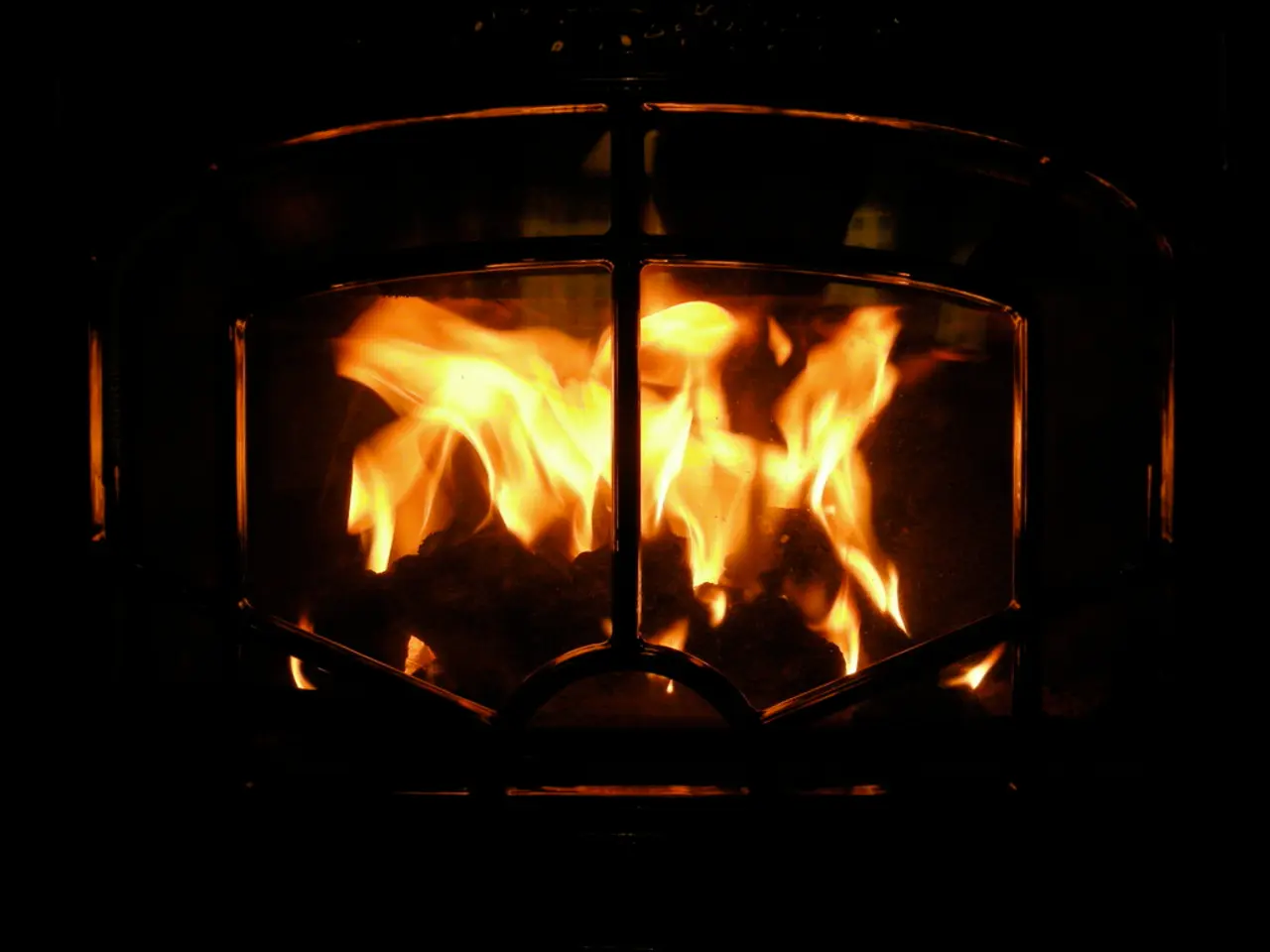Syria faces relentless wildfires on its border with Turkey, prompting Ankara to dispatch firefighting aircraft to aid in the extinguishing efforts on both sides.
In the eastern Mediterranean region, wildfires have been causing widespread devastation over the past week, with Turkey, Greece, and Syria all grappling with the destructive blazes.
The fires in Turkey have been ongoing since June 26, with significant fires reported in İzmir, Manisa, Antakya (Hatay), and surrounding districts. The fires have led to at least one fatality in İzmir and forced the evacuation of tens of thousands of people in affected regions. Efforts have brought many fires under control after several days, but challenges remain, especially with factors like dry terrain and strong winds exacerbating the situation.
The fires in Turkey have also had a ripple effect, delaying the arrival of emergency crews from neighbouring countries, such as Syria, by almost a day due to the ongoing fires in Turkey[1]. In response, eleven fire trucks and water support vehicles were sent to aid in the Syrian wildfire fight.
Greece is also battling intense wildfires, particularly on the island of Crete, where a huge blaze near the village of Achlia has spread into forested and mountainous areas, splitting into three active fronts. The fires have led to mass evacuations, including around 5,000 people, mainly foreign tourists in hotels and tourist apartments. The hot and dry summer, combined with strong winds, has made containment difficult.
Syria is facing wildfires as well, although information is less detailed. Firefighters are actively working to control blazes amid similar climate stressors, including heat and dry vegetation, which increase wildfire risk and severity.
Climate change has been identified as a major factor in the severity of these wildfires. Increased heat waves, dry conditions, and persistent winds create ideal conditions for rapid wildfire spread, challenging firefighting efforts and causing widespread evacuations and fatalities. This pattern aligns with broader trends in the region where climate change has amplified wildfire frequency and intensity, posing serious risks to human safety, ecosystems, and infrastructure.
Turkey, for example, has seen a dramatic increase in wildfire frequency over the decades, with recent years seeing record-breaking intensity and area burned due to hotter and drier conditions likely linked to climate change. In 2021, fires burned about 160,000 acres in southern Turkey alone, causing loss of life, evacuations, and significant environmental and economic damage.
To combat the fires, Turkey has dispatched two firefighting aircraft to help Syria battle wildfires in the Latakia region. The Syrian Civil Defense has expressed concerns over the presence of unexploded ordnance from past conflicts in some of the wildfire areas.
Authorities in Izmir attribute most of the fires to faulty power lines, and 44 suspects have been detained in relation to 65 fires that broke out across Turkey.
As the eastern Mediterranean continues to battle these wildfires, experts warn that climate change is intensifying conditions, making it crucial for countries in the region to invest in firefighting resources and strategies to mitigate the risks posed by these wildfires.
[1] [https://www.reuters.com/world/middle-east/syria-sends-fire-trucks-aid-turkey-wildfires-2021-07-01/] [2] [https://www.aljazeera.com/news/2021/7/1/turkey-wildfires-continue-to-rage-amid-climate-change-concerns] [3] [https://www.bbc.com/news/world-middle-east-57820074]
- News outlets reported that environmental scientists have linked the ongoing wildfires in Turkey, Syria, and Greece to climate change, citing rising temperatures, dry conditions, and strong winds as major factors contributing to the severity and spread of the fires.
- The city of Toronto's environmental science department has expressed concerns about the impact of climate change on local weather patterns and urged residents to implement measures that reduce greenhouse gas emissions in an attempt to minimize the risk of more frequent and intense wildfires.
- Amidst the devastation caused by wildfires in the eastern Mediterranean, some researchers in the field of climate-change and environmental-science are conducting studies to gather data on the effects of climate change on wildfire behavior, aiming to provide insight on how to create more effective firefighting strategies for the future.








